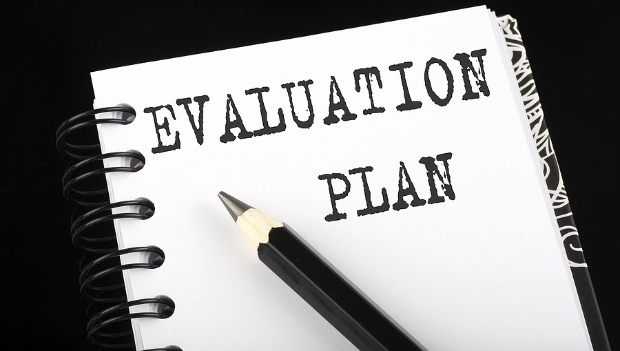Thanks to CEA’s continued advocacy and close collaboration with other stakeholder groups, the Connecticut State Department of Education has allowed greater flexibility in teacher evaluations for the 2021-2022 school year.
By easing some of requirements of the Connecticut Guidelines for Educator Evaluation 2017, the added flexibilities are aimed at reducing the burden and stress on teachers, administrators, and students and allowing a more meaningful focus on the welfare of students and educators after a disrupted and difficult school year. With an emphasis on student and educator well-being and growth, the flexibilities are intended to foster an evaluation system that is supportive rather than punitive.
Every school district’s Professional Development and Evaluation Committee (PDEC) will need to meet in order to discuss and reach consensus on whether to adopt the flexibilities or keep their existing plan. Each district must also provide an orientation on any changes to current teacher evaluation plans by September 15, 2021.
Additional guidance will be forthcoming from the CSDE, but the most significant changes to be aware of include:
- Very clear language requiring mutual agreement between evaluator and teacher on goals and indicators/measures of achievement.
- Only one student learning goal is allowable. The goal may have either a social emotional learning (SEL) or academic focus.
- A minimum of two indicators/measures of accomplishment are required, but they do not need to be standardized assessments, nor do the indicators/measures of accomplishment have to be mathematically quantifiable.
- Final summative ratings are required, but they should be based on a holistic review of artifacts and data rather than mathematically calculated.
CEA offers PDEC facilitation, guidance on implementing the flexibilities, and evaluation workshops for teachers and PDEC members. For more information, contact CEA Teacher Development Specialist Kate Field at [email protected].







